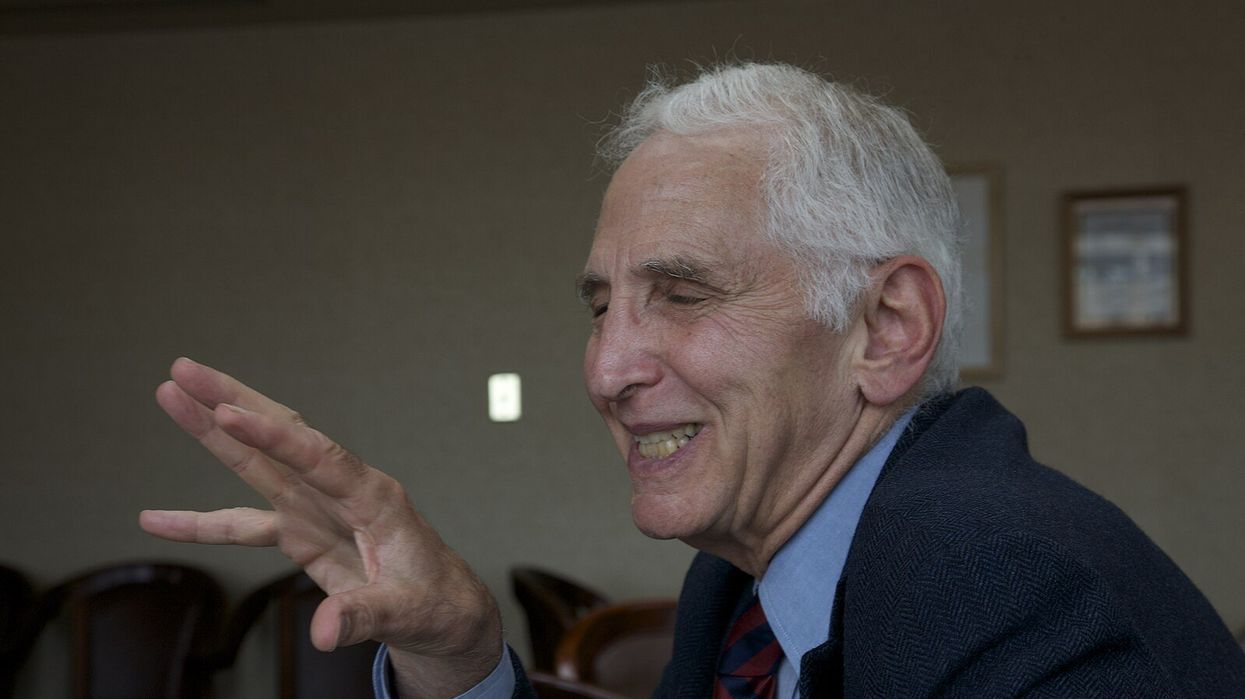Pentagon Papers whistleblower Daniel Ellsberg dead at 92


Daniel Ellsberg, known as "The Pentagon Papers" whistleblower, died Friday after a battle with pancreatic cancer, The New York Times reports. He was 92.
Per The Guardian, "The Pentagon Papers covered US policy in Vietnam between 1945 and 1967 and showed that successive administrations were aware the US could not win," in addition to "causing a sensation in 1971, when they were published – first by the New York Times and then by the Washington Post and other papers – after the Supreme Court overruled the Nixon administration on whether publication threatened national security."
The former military analyst, according to The Times, distributed an email in March to "Dear friends and supporters," disclosing his "inoperable pancreatic cancer" diagnosis, saying "doctors had given him an estimate of three to six months to live."
READ MORE: Why Julian Assange is at the vanguard for world press freedom
The Post reports Ellsberg also said his remaining time "would be spent giving talks and interviews about the Russian invasion of Ukraine, the perils of nuclear war and the importance of First Amendment protections."
He wrote, “When I copied the Pentagon Papers in 1969, I had every reason to think I would be spending the rest of my life behind bars. It was a fate I would gladly have accepted if it meant hastening the end of the Vietnam War, unlikely as that seemed."
The Times reports:
Mr. Ellsberg was charged with espionage, conspiracy and other crimes and tried in federal court in Los Angeles. But on the eve of jury deliberations, the judge threw out the case, citing government misconduct, including illegal wiretapping, a break-in at the office of Mr. Ellsberg's former psychiatrist and an offer by President Nixon to appoint the judge himself as director of the Federal Bureau of Investigation.
Co-founder of the Freedom of the Press Foundation, according to The Post, Ellsburg "went on to embrace a life of advocacy, which extended from his 1971 leak of the Pentagon Papers — a disclosure that led Henry Kissinger, Nixon’s national security adviser, to privately brand him 'the most dangerous man in America' — to decades of work advocating for press freedoms and the anti-nuclear movement."
READ MORE: 'His hands are drenched in blood': Recalling Henry Kissinger’s legacy as he turns 100
The New York Times' full report is available at this link (subscription required). The Guardian's report is here (subscription required). The Washington Post's report is here (subscription required).